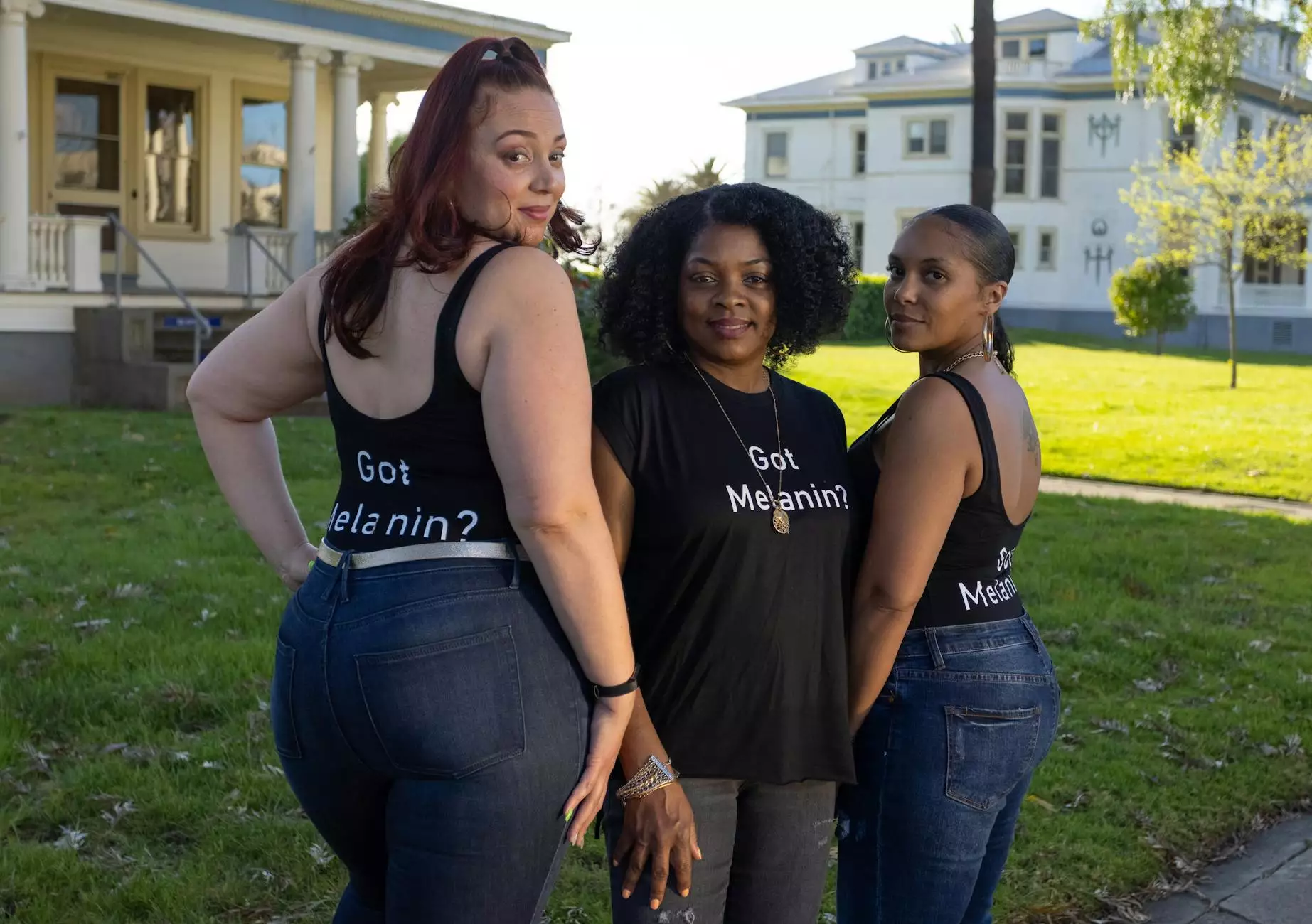Understanding Radiofrequency Ablation for Varicose Veins

Varicose veins are a common condition that affects millions of people worldwide. They often appear as swollen, twisted veins that can be unsightly and may cause discomfort, pain, or even more serious health issues. One effective treatment option available today is radiofrequency ablation for varicose veins. This minimally invasive procedure has transformed the approach to treating this condition, offering patients a chance to regain their comfort and confidence.
What Are Varicose Veins?
Varicose veins occur when veins become enlarged, dilated, and twisted. This condition typically affects the veins in the legs and feet due to the increased pressure in these veins. It can be caused by various factors, including:
- Genetics: A family history of varicose veins can increase the likelihood of developing the condition.
- Aging: As we age, our veins may lose elasticity, leading to swelling and varicosities.
- Obesity: Excess weight puts additional pressure on the veins.
- Pregnancy: Hormonal changes and increased blood volume during pregnancy can contribute to the development of varicose veins.
- Prolonged sitting or standing: Occupations or lifestyle choices that involve staying in one position for extended periods can lead to venous issues.
Why Choose Radiofrequency Ablation?
Radiofrequency ablation (RFA) has been recognized as a highly effective method for treating varicose veins. Here are some key advantages of choosing RFA over traditional surgical options:
- Minimally Invasive: RFA involves only small incisions and does not require general anesthesia, making it a safer option for many patients.
- Fast Recovery: Patients can often return to normal activities within a day or two rather than weeks, as with traditional vein stripping procedures.
- Pain Management: RFA is associated with less postoperative pain compared to more invasive surgeries.
- High Success Rate: Studies show a high success rate for RFA in treating varicose veins, with many patients experiencing significant improvement in symptoms.
How Does Radiofrequency Ablation Work?
The radiofrequency ablation for varicose veins procedure typically includes the following steps:
- Consultation: A thorough examination by a vascular specialist to determine if RFA is suitable for your specific condition.
- Anesthesia: Local anesthesia is administered to numb the treatment area.
- Catheter Insertion: A thin catheter is inserted into the affected vein through a small incision.
- Heating the Vein: Radiofrequency energy is delivered through the catheter, causing the vein to heat up and ultimately collapse.
- Closure of the Vein: Once the vein is collapsed, blood flow is rerouted to healthier veins. Over time, the treated vein is absorbed by the body.
- Post-Procedure Care: Patients are given special instructions on care and follow-up, including wearing compression stockings.
What to Expect After the Procedure?
Post-procedure, most patients report mild discomfort, which can usually be managed with over-the-counter pain medications. Common experiences include:
- Bruising and Swelling: These are normal and will gradually resolve over a few weeks.
- Compression Garments: Patients may need to wear compression stockings to support the healing process and reduce swelling.
- Follow-Up Visits: Scheduled follow-ups with your doctor will help monitor recovery and ensure the veins are healing properly.
Potential Risks and Complications
Like any medical procedure, radiofrequency ablation for varicose veins comes with some risks. While serious complications are rare, they may include:
- Skin Burns: Due to the heat generated during the procedure.
- Blood Clots: Rare, but possible in the treated vein or other areas.
- Infection: As with any incision, there is a slight risk of infection.
- Nerve Injury: Although uncommon, there is a possibility of nerve damage during the procedure.
The Importance of Choosing the Right Specialist
Finding a qualified vascular specialist is crucial for a successful outcome. At Truffles Vein Specialists, we prioritize patient safety, offering personalized care tailored to each individual's needs. Our experts have
extensive training in the latest techniques, including radiofrequency ablation, ensuring you receive the best possible treatment in a comfortable setting.
Conclusion
Radiofrequency ablation for varicose veins is a revolutionary treatment that can significantly improve the quality of life for those suffering from this condition. With its minimally invasive nature, quick recovery time, and high effectiveness, it stands out as a preferred choice among various treatment options.
If you are considering your options for treating varicose veins, we invite you to contact Truffles Vein Specialists. Schedule a consultation today and learn how radiofrequency ablation for varicose veins can help you regain your comfort and improve your appearance.
Get Started on Your Journey to Health Today!
Your health is our priority at Truffles Vein Specialists. Don’t let varicose veins hold you back any longer—reach out to us today. Let’s take the first step towards healthier, happier legs!
radiofrequency ablation varicose veins








